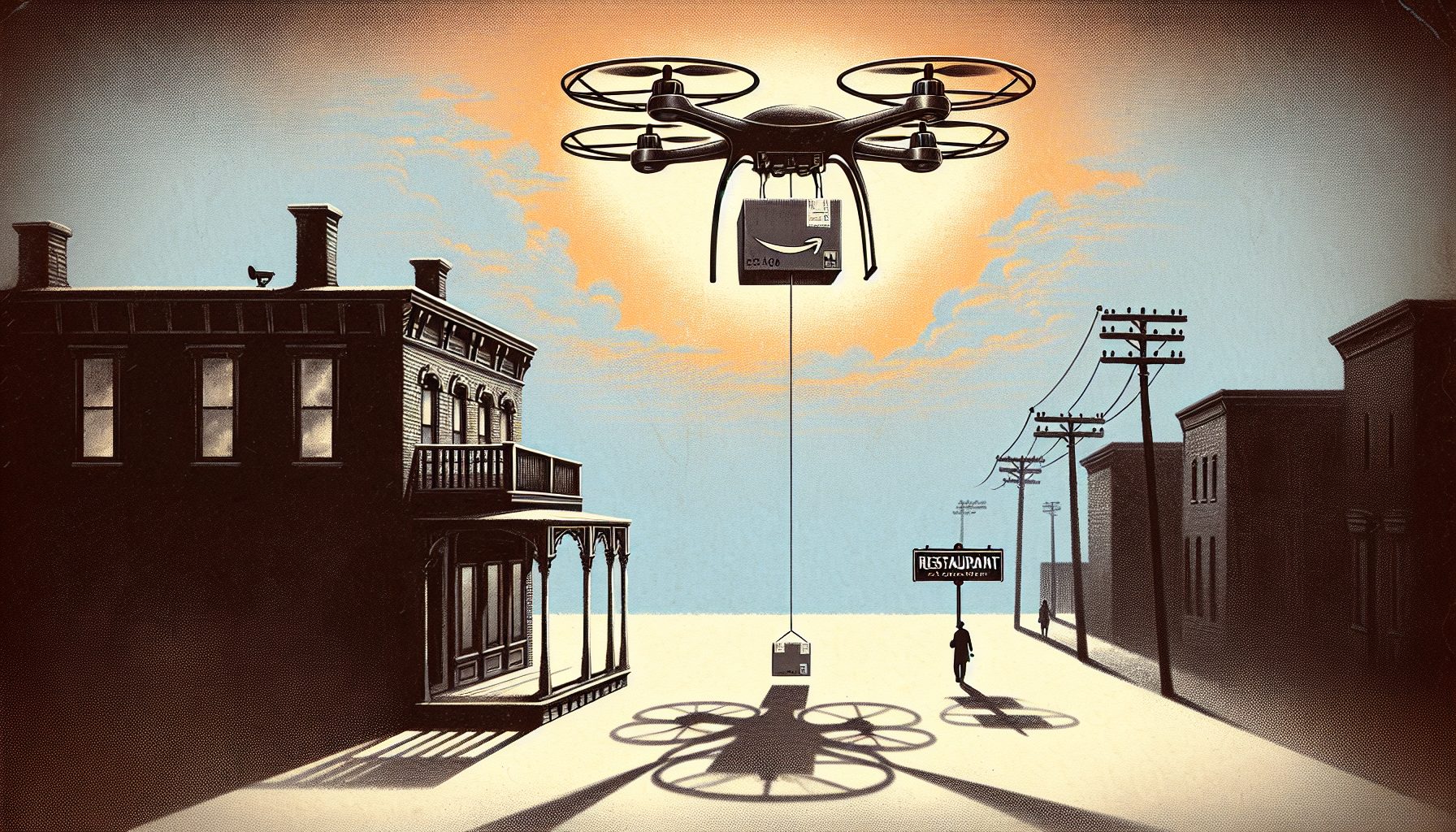Communication Platform as a Service (CPaaS) is a cloud-based platform that allows businesses to communicate in real-time. They can communicate by text, voice, or any other established means of communication.
The three principal services offered by cloud computing are
- Infrastructure as a Service (IaaS)
- Software as a Service (SaaS)
- Platform as a Service (PaaS)
Service providers use IaaS to share their hardware, or infrastructure, to host software, storage, and servers using a metered payment system.
SaaS is cloud-based software businesses use for their various requirements.
PaaS is a combination of IaaS and SaaS. It takes what generally needs infrastructure and delivers the same as software.
Communication Platform as a Service — CPaaS Meaning
CPaaS is an emerging platform that businesses can use to meet their communication needs through. They can hire a service provider and spare themselves the trouble and cost of setting up the complex infrastructure associated with advanced communication technology.
CPaaS – How Does It Work
CPaaS is a revolutionary system that allows apps to communicate with users through messaging. The introduction of CPaaS has drastically changed how businesses communicate by making it easy and instantaneous.
Did you know that the social apps you use to chat and call with friends, family, and colleagues have CPaaS at the core of their functioning? CPaaS mechanics work on APIs of Application Programming Interfaces.
Also known as communication-oriented APIs. So, developers can use them to implement telecommunication functionalities into software or applications. APIs are proprieties that support applications in effectively communicating effectively with each other. In the case of CPaaS, the APIs work in combination with the Voice over Internet Protocol (VoIP) networks.
As we know, VoIP is hardware and software designed to transmit the voice data of a phone call over the internet. In other words, the APIs of CPaaS can empower an internet-friendly device with the features of a telephone.
CPaaS has the capacity for real-time analytics, which is an exciting and valuable feature. Details of any communication, such as call usage and delivery time, can be made available immediately.
A Real Life Example
You have ordered a package that is not yet delivered, even after the scheduled delivery time. Most people contact the relevant authority to check on the delivery. Moreover, with CPaaS, you can spare yourself all that trouble. Look for the relevant application on your smartphone and use it to deploy CPaaS to call your delivery source directly from the app.
You are off the mark if you believe this is an expensive option involving a considerable investment.
CPaaS is a pay-as-you-go model and will cost you significantly less than traditional communication services that need advanced physical groundwork. You need not pay upfront. You can customize the platform to match your needs. However, it makes sound business sense to track costs as you start using the platform more to interact with clientele.
Traditional telecommunication systems differ from CPaaS providers in many ways. While they do have many functionalities similar to CPaaS, they are slow-moving and have limited APIs.
CPaaS Applications
CPaaS is used in many business sectors, but for obvious reasons, they are more popular in the telecom industry. The CPaaS market was worth $3.3 billion in 2018. Experts expect the market size to grow exponentially to around $17.2 billion by 2023. Digital communication platforms play a key role in furthering globalization. They provide businesses with a wide range of options for choosing the best platform as a service provider.
If you have plans to use the CPaaS platform, make your choice carefully because not every platform is the same. Your choice must incorporate the needs of your business. Every CPaaS platform has voice and text messaging as standard features. However, some also offer 911 emergency routing, video conferencing, and instant messaging.
Types of CPaaS Providers
There are two different types of CPaaS providers. They are API providers and API providers with their own networks.
API providers focus on only one line of business. So, that’s why they are best suited for startup companies. They do not offer high customizability options. Likewise, they can be a perfect choice if you need to market fast, want simple specifications, and your network traffic is low.
Also, if you are a larger enterprise and want a more complex model for superior scalability, you can get the relevant support needed from your developers.
API providers that include network owners use the term enterprise-grade. They offer a wider range of features. Most of them begin as network owners and implement API later. As they are owners of the network, they can enjoy specialized services such as a dedicated customer support team that’s always available on call. The advanced features offered can vary from one client to another.
Conclusion
It is normal for businesses to have their goals aligned closely with convenience. CPaaS serves the needs of business owners as well as customers. By using a communications platform as a service, businesses can leave the taxing issues of configuration complexities and other issues to third parties while enjoying exceptional service.









